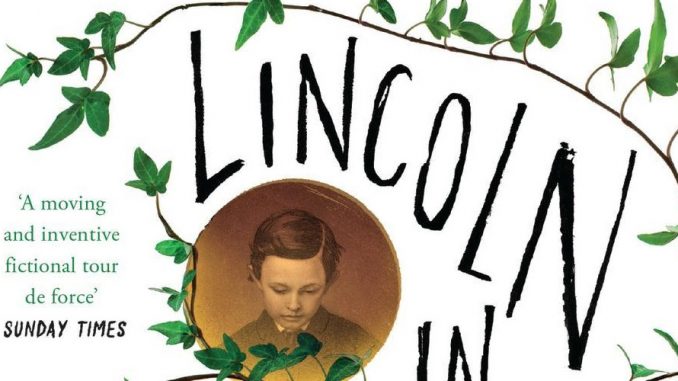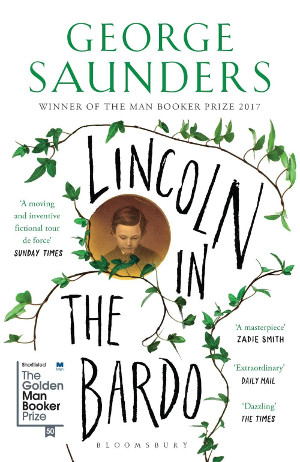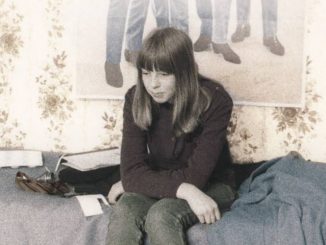
Lincoln in the Bardo is a complex and evocative novel that delves into the grief of Abraham Lincoln after the death of his son, Willie. Set in the Bardo, a transitional state between life and death, the story weaves together multiple perspectives and explores profound themes of loss, redemption, and the human experience.
Author: George Saunders
List: Recent Prize Winner (Man Booker, 2017)
Project: Orpheus – unaccepted death / fleeting nature of happiness
Year of publication: 2017
Pages: 343
Complexity
CEFR: C1
Plot Complexity: high
Language Complexity: high
Ideas Complexity: high
Lincoln in the Bardo can be categorized as a novel falling under the Blue Label for its language, plot, and ideas. The language is sophisticated and evocative, captivating readers with its use of advanced vocabulary and complex sentence structures that create a rich and immersive reading experience. The intricate plot is characterized by fragmented narratives and interwoven storylines, challenging traditional storytelling conventions and inviting readers to navigate multiple perspectives and explore the profound themes of grief, redemption, and the complexities of the human condition. The novel’s thought-provoking ideas, blending historical accounts with imaginative elements, provoke contemplation and offer a nuanced exploration of the depths of life and death.
Blurb
In his long-awaited first novel, American master George Saunders delivers his most original, transcendent, and moving work yet. Unfolding in a graveyard over the course of a single night, narrated by a dazzling chorus of voices, Lincoln in the Bardo is a literary experience unlike any other—for no one but Saunders could conceive it.
February 1862. The Civil War is less than one year old. The fighting has begun in earnest, and the nation has begun to realize it is in for a long, bloody struggle. Meanwhile, President Lincoln’s beloved eleven-year-old son, Willie, lies upstairs in the White House, gravely ill. In a matter of days, despite predictions of a recovery, Willie dies and is laid to rest in a Georgetown cemetery. “My poor boy, he was too good for this earth,” the president says at the time. “God has called him home.” Newspapers report that a grief-stricken Lincoln returned to the crypt several times alone to hold his boy’s body.
From that seed of historical truth, George Saunders spins an unforgettable story of familial love and loss that breaks free of its realistic, historical framework into a thrilling, supernatural realm both hilarious and terrifying. Willie Lincoln finds himself in a strange purgatory, where ghosts mingle, gripe, commiserate, quarrel, and enact bizarre acts of penance. Within this transitional state—called, in the Tibetan tradition, the bardo—a monumental struggle erupts over young Willie’s soul.
Lincoln in the Bardo is an astonishing feat of imagination and a bold step forward from one of the most important and influential writers of his generation. Formally daring, generous in spirit, deeply concerned with matters of the heart, it is a testament to fiction’s ability to speak honestly and powerfully to the things that really matter to us. Saunders has invented a thrilling new form that deploys a kaleidoscopic, theatrical panorama of voices—living and dead, historical and invented—to ask a timeless, profound question: How do we live and love when we know that everything we love must end?
YouTube Review
(Video removed? Please notify me at video@rookreading.com)







Be the first to comment